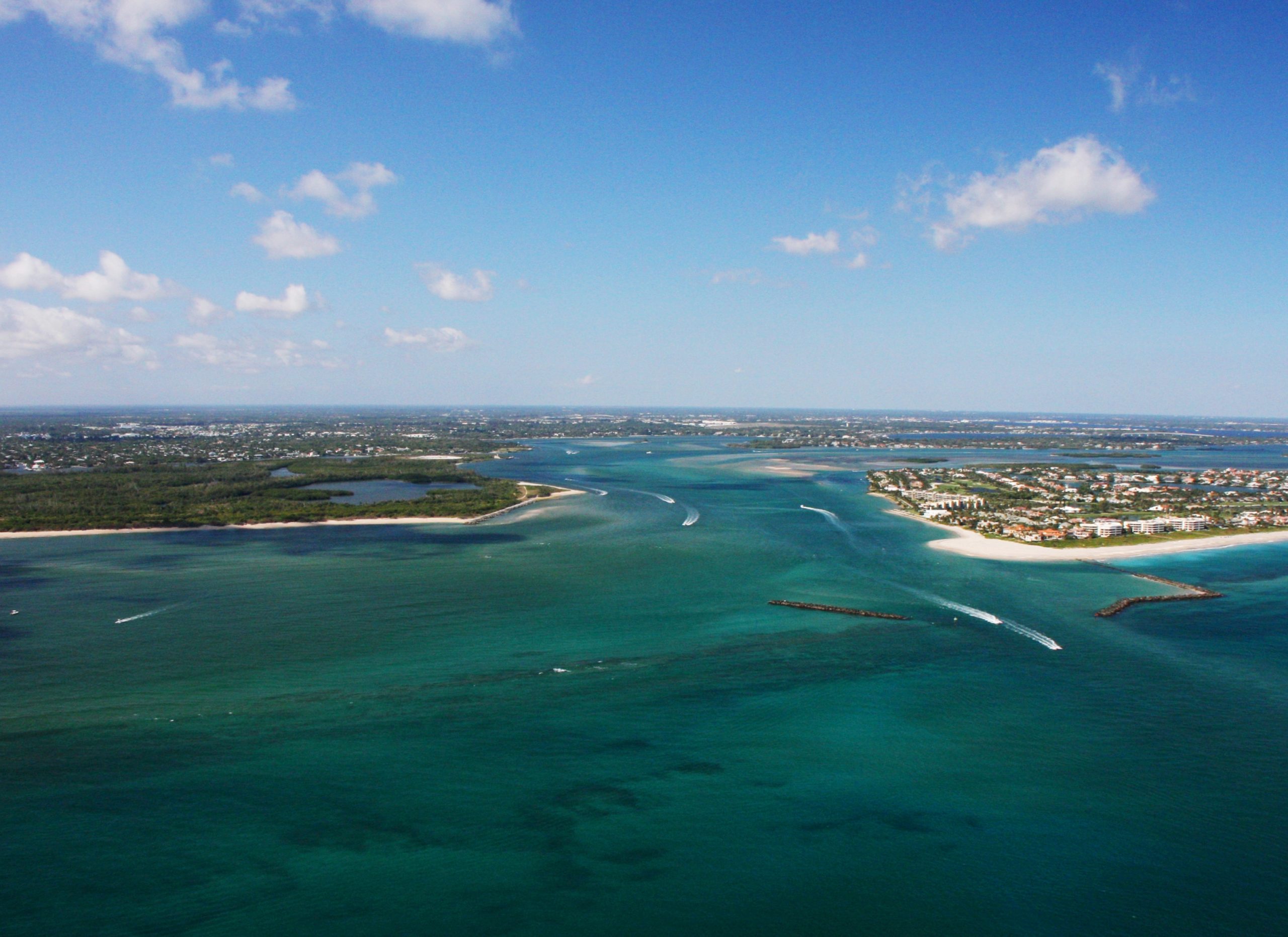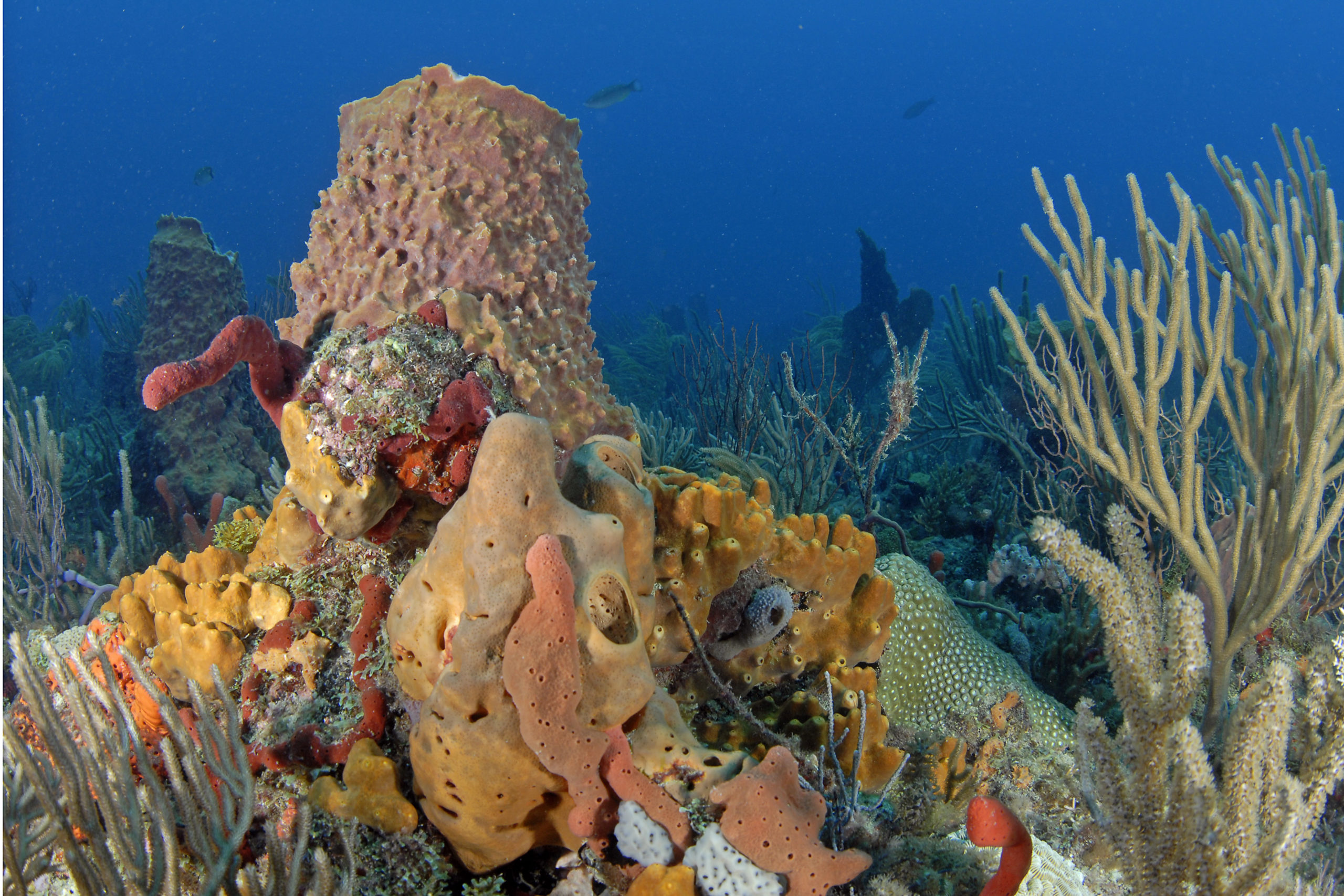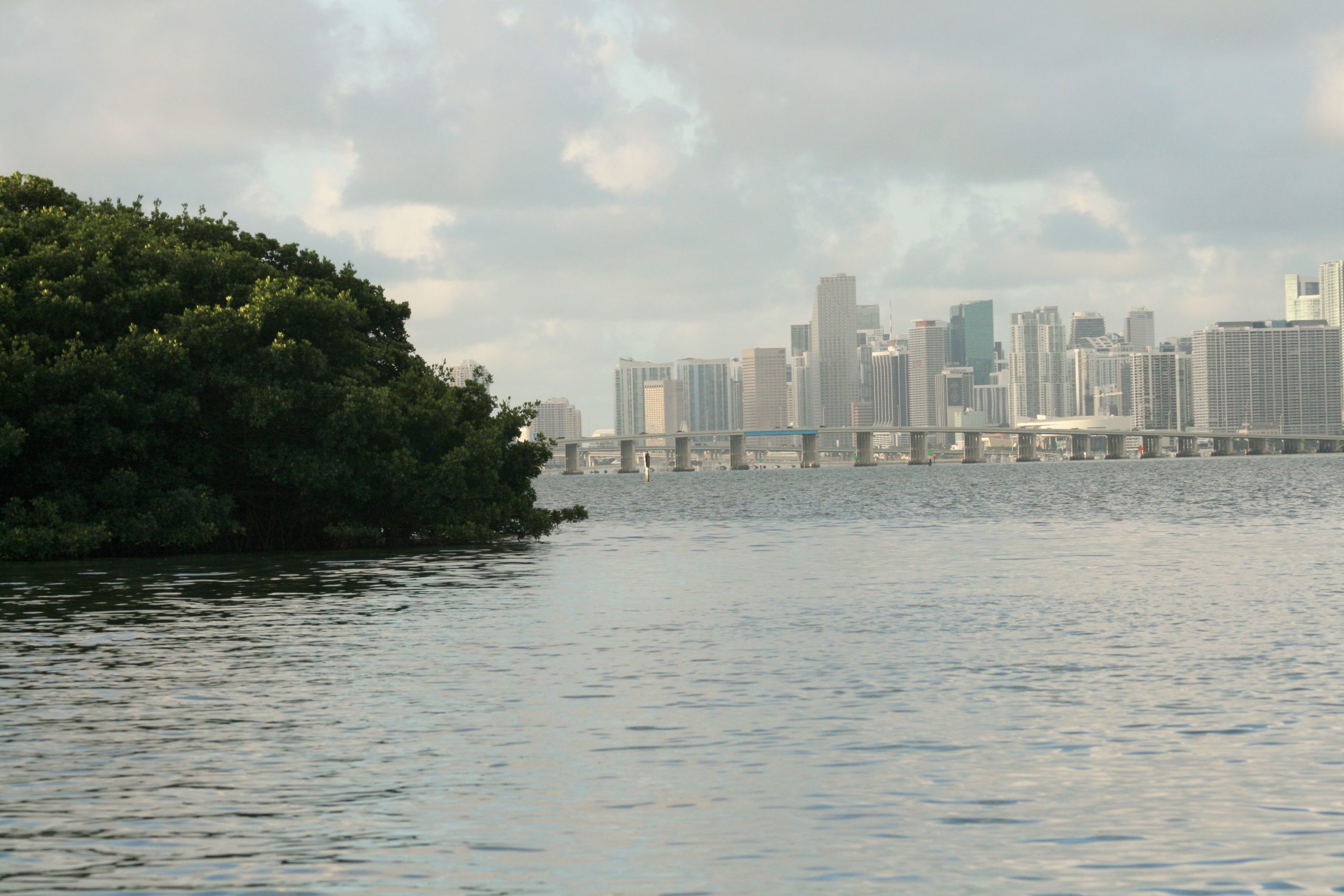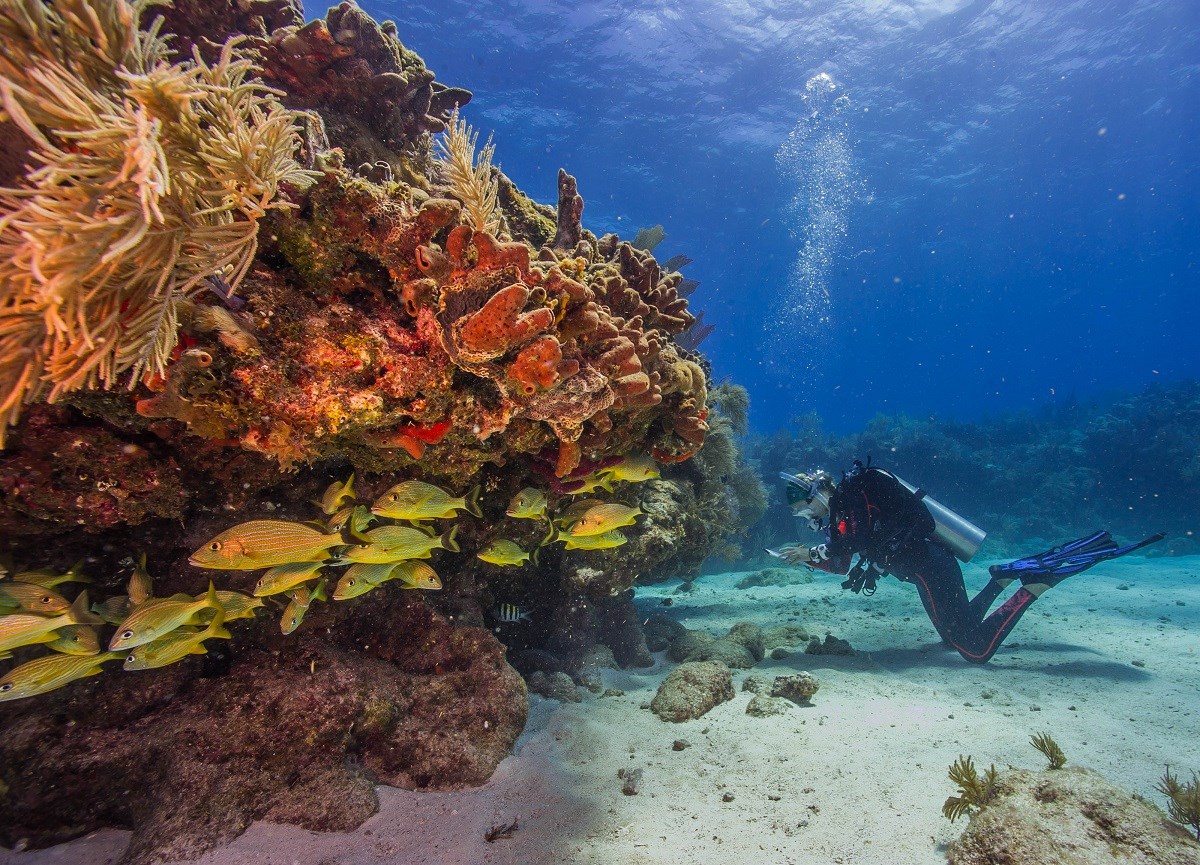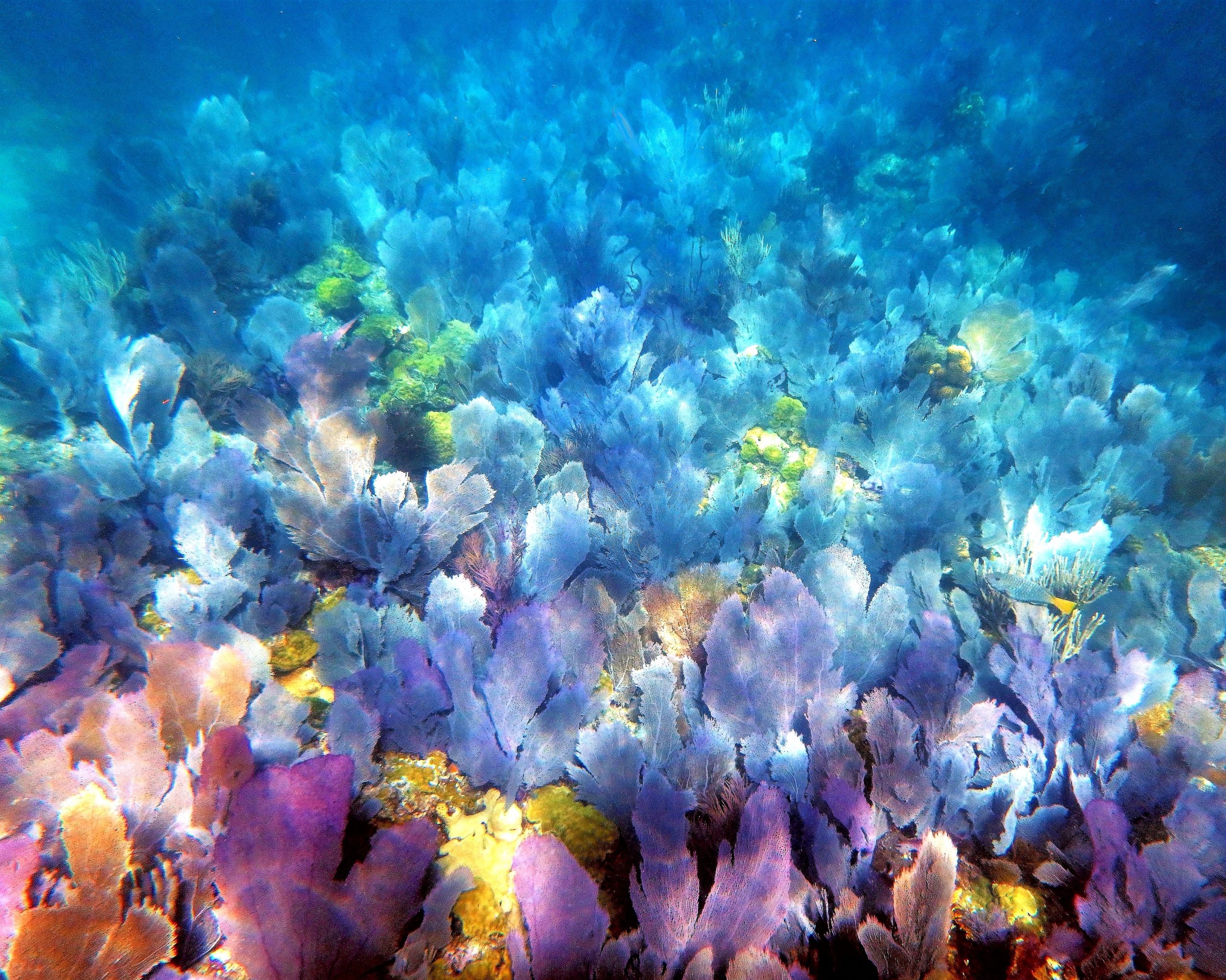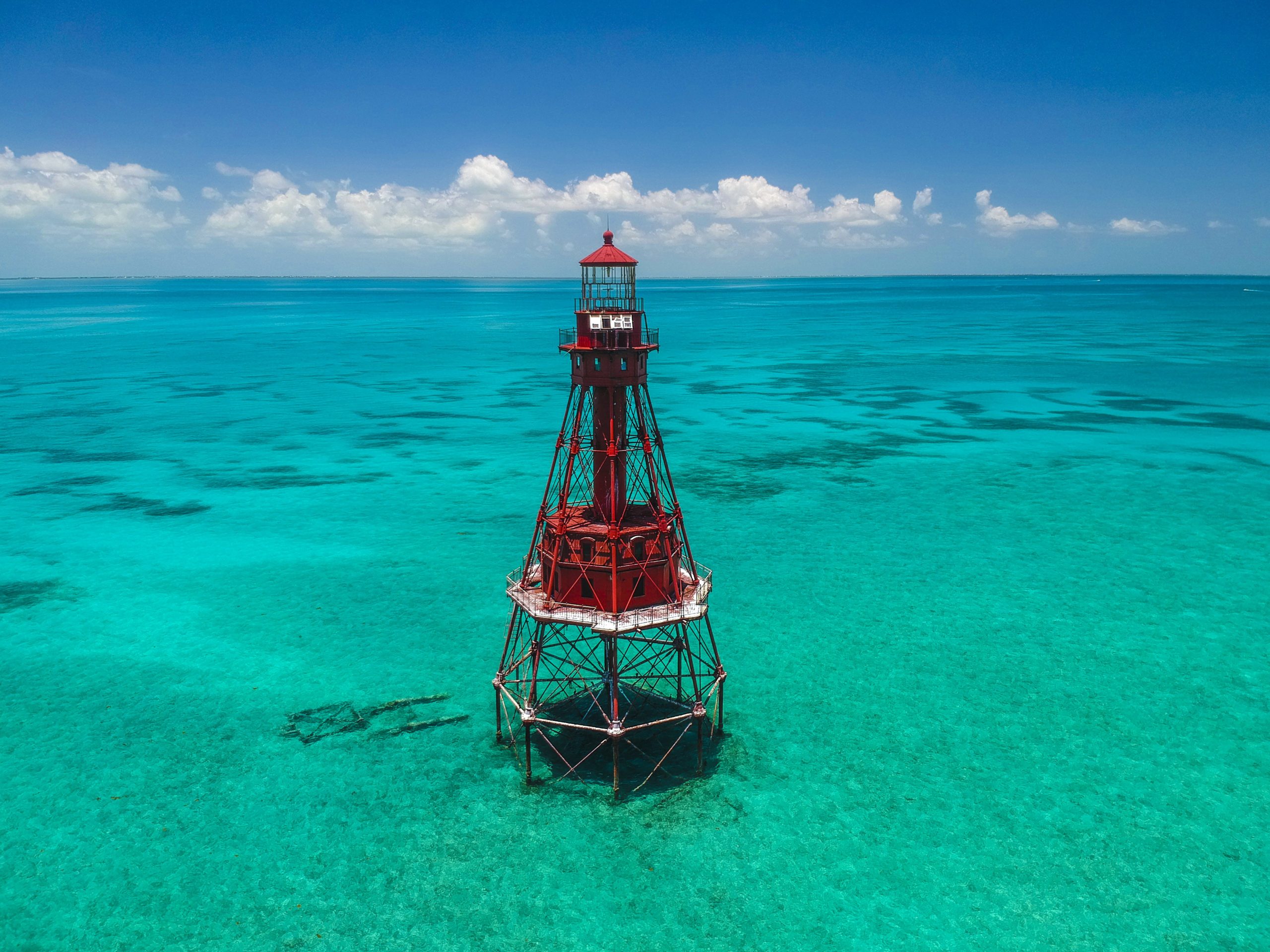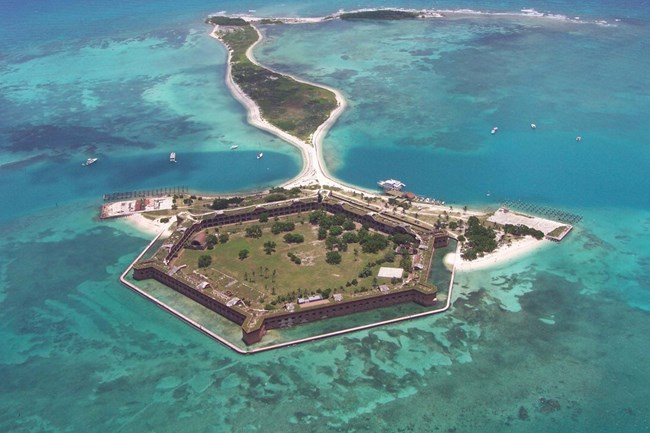News & Updates
Coral Strike Team Responds to SEAFAN Report
On February 5, while diving off the coast of Broward County, a scuba diver noticed signs of disease on corals. The diver used the Southeast Florida Action Network (SEAFAN) to report the observation to the Florida Department of Environmental Protection’s (DEP) Coral Reef Conservation Program. SEAFAN is a reporting and response program for citizen scientists to report distressed corals, marine debris and other marine incidents within the Southeast Florida Coral Reef Ecosystem Conservation Area (Coral ECA).
DEP Coral Reef Conservation Program staff, who coordinate responses tailored to the incidents and locations, notified the stony coral tissue loss disease intervention team at Nova Southeastern University of the sighting. Dr. Brian Walker, a research scientist with the university, and his strike team were able to find the large symmetrical brain coral (Pseudodiploria strigosa) colony, apply an antibiotic treatment and tag the coral.

SEAFAN report photo shows symmetrical brain coral (Pseudodiploria strigosa) with an active stony coral tissue loss disease lesion. Credit: Jack Israel
Stony coral tissue loss disease has spread along Florida’s Coral Reef since 2014, and DEP co-leads the response effort with NOAA, the Florida Fish and Wildlife Commission and the National Park Service. Intervention strike teams along the reef attach tags to treated corals and ask that citizen scientists aid the monitoring effort by submitting photos of tagged corals they have encountered.

Symmetrical brain coral (Pseudodiploria strigosa) after the treatment and tag were applied by Dr. Brian Walker’s intervention team at Nova Southeastern University.
Credit: Nova Southeastern University
Dr. Walker’s team successfully treated 14 other diseased corals in the area. This marks the first time that intervention practitioners were able to locate and treat a sick coral from a SEAFAN report submitted in the Coral ECA. Join us in thanking the SEAFAN reporter and Dr. Walker’s team for being coral champions.
If you are on the water, in the water or under the water in the Coral ECA and see something unusual, please report it to SEAFAN. Your action could save a coral!
